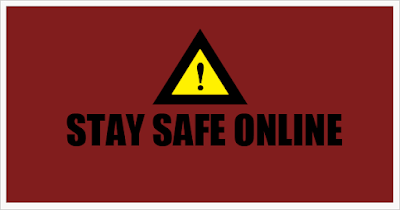You can share these bite size tips and quotes with
your social media friends.
To help people become more focused so they can be more
productive.
1.
“Without great solitude no
serious work is possible.” – Pablo Picasso
2.
Know when to delegate; know
what you do well and what you don’t to help you stay focused and be more
productive.
3.
Chew a stick of gum to help you
stick to a task and become faster and more accurate doing it.
4.
Perform concentration exercises
to improve your ability to focus.
5.
Write down your distracting
thoughts on your “someday list” so you can forget them.
6.
Reward yourself for sticking to
a task until it’s completed.
7.
Nip procrastination in the bud.
Set up a routine to follow for tasks that you often procrastinate on.
8.
“Nothing is less productive
than to make more efficient what should not be done at all.” – Peter Drucker
9.
Don’t multitask by switching
between one project and another. Multitasking can reduce productivity.
10.
Be present when you are with
others. Don’t look at your cell phone, email or social media updates.
11.
Take advantage of phone and
computer apps to keep you organized and productive.
12.
Make time for fun and laughter
to increase your memory. A good memory improves focus and concentration.
13.
Learn to give up what’s not
really important to be more productive. Are you willing to outsource it?
14.
Combine low value tasks. Run
all your short errands at the same time. Make all your phone calls in one
sitting.
15.
Keep a single minded focus on
what you are working on at the time. Don’t think about what is coming later.
16.
“The simple act of paying
positive attention to people has a great deal to do with productivity.” ― Tom
Peters
17.
Set up your daily tasks the day
before. Set up your top 6 priorities and when you will work on them.
18.
Stick to your commitments.
Don’t let others distract you when you are committed to working on something.
19.
Use your mornings to focus on
you. Meditate, read the paper, eat a healthy breakfast.
20.
Take one day a week to recover,
refuel and regenerate your mind and body.
21.
Learn to say no to distractions
in order to increase your productivity.
22.
Turn off email, cell phones and
any other distractions so you can focus on one task at a time.
23.
Set deadlines for important
goals. Deadlines will force you to work harder and more effectively as you get
closer to the deadline.
24.
“Tell me to what you pay
attention, and I will tell you who you are.” – Jose Ortega y Gasset
25.
Make it a habit to touch paper
only once. When you sort your mail, be sure to file it, trash it or pay it.






